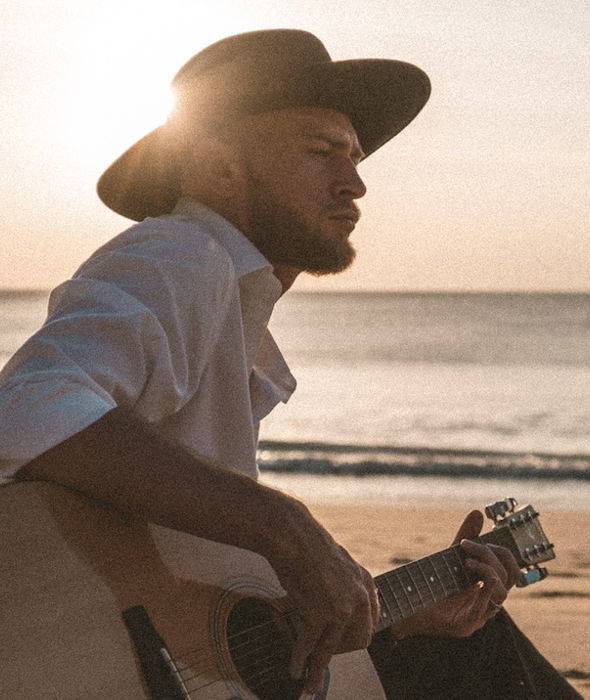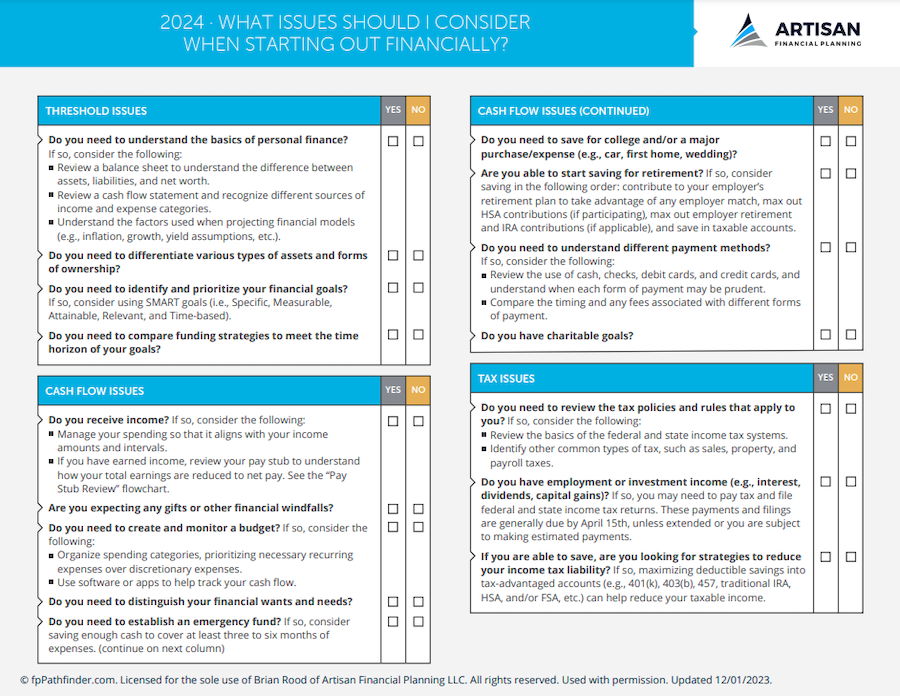
Share this Post
Money Moves For Musicians Starting Their First Job
After years of practicing around the clock you landed your dream job or first steady gig.
Congratulations!
Take a moment to enjoy your success!
You may wonder, how do you plan for your financial future?
I remember my first steady gig like it was yesterday. I was a college student and had won an audition for the Flint (MI) Symphony. I was thrilled but also concerned how I would make ends meet. I was putting myself through college and wanted to keep my student loan debt to a minimum.
Whatever your circumstances, here are steps that I would recommend to my younger self if I could go back in time with the knowledge and experience I have now.
1. If you don’t already have one, open a checking account.
Look for a bank or credit union account with no fees and/or a minimum balance requirement.
2. Direct Deposit
Many employers pay electronically and may offer direct deposit, which routes your paycheck directly to your bank or credit union account. It is the fastest, safest and most efficient way to be paid. It may help avoid your bank’s monthly maintenance fee should you have one.
3. Put a budget together.
This will help you keep track of your hard earned money. It also allows you to identify and track your spending. Use categories for groceries, bills, car expenses, rent or mortgage, various insurances, internet and streaming services, phone, and entertainment expenses just to name a few.
Take your time to track spending trends over a few months. It is important to develop life long habits here so be patient with yourself.
Categorize your expenses in three main categories: needs, wants and savings. Using the 50-30-20 rule, 50% of your income should be directed towards needs like housing, groceries, etc. 30% goes towards wants and 20% towards savings.
4. Pay yourself first.
Along with setting up direct deposit as one of the things you do with your first paycheck, be sure to put your savings on autopilot. The easiest way to do this is to set up an automatic, recurring deposit each month directly into a separate savings account and/or retirement account.
When you pay yourself first, you invest in yourself before doing any other spending. Over time you will build long-term financial health by developing an emergency fund, retirement savings accounts and funding
intermediate-term goals such as a down payment for a home or purchasing a new instrument.
5. Start an emergency fund.
An emergency fund is often intended to cover your living expenses for three to six months. At AFP, we recommend that musicians and other performing artists have six to twelve months of essential living expenses set aside in an easily accessible money market account for your emergency fund, particularly if both partners in a household are employed in the not-for-profit sector. Such a fund helps to cover periods of unemployment, a medical emergency, or large auto/home related expenses.
6. Save for retirement.
Through the power of compounding, starting your retirement savings early in your career can pay off tremendously over time. Many employers offer a retirement plan—either a 401(k) or 403(b) program. Some employers will match your contributions up to a certain percentage of your income. Be sure to check and take advantage if they do—because it is free money. Never leave money on the table whenever possible!
Your deferral contributions may be made pre-tax. Or, if your plan allows, some or all of your deferral contributions may be designated as Roth contributions—after-tax.
If an employer retirement plan is not available consider an Individual Retirement Arrangement account (IRA.) Two of the most popular are the traditional IRA and the Roth IRA. With these two IRAs, you may contribute up to $6,500 ($7,500 if age 50 or older) in 2023 and $7,000 ($8,000 if age 50 or older) in 2024. You may make 2023 tax year contributions all the way until the 2023 tax filing deadline on April 15, 2024.
If your employment is covered by AFM-EPF or another defined benefit plan, be sure to check your covered earnings report at least annually to ensure contribution history accuracy. Sign up for participant portal access and remember to complete your beneficiary information.
7. Work out a student loan repayment plan.
The Federal student loan pause known as a forbearance that started in March, 2020 ended this past summer. Student loan balances began accruing interest again on September 1, and bills resumed in October, 2023.
It is important for all borrowers to find the exact date of their monthly bill by either checking online or calling their student loan servicer.
If you miss your October bill, there is a 12-month student loan safety net or “on-ramp”. Between October 1, 2023—September 30, 2024, those borrowers who fail to make a payment will not default. However, interest will still accrue during this on-ramp period.
By contacting your student loan servicer you can update your contact information, inquire as to payment amounts and ask about what payment plans may be available to you including a new IDR plan recently announced—called SAVE.
Particularly important for musicians and others working in a non-profit or government job, the PSLF program is available. Public Service Loan Forgiveness cancels remaining federal student loan debt after making 120 qualifying payments. Be sure to check the rules and regulations carefully.
8. Insurance
Insurance provides musicians with financial protection against potential risks and liabilities related to their musical careers as well as injury and illness.
Health insurance is crucial to have and mandatory in some states to avoid a penalty. We will cover individual and family health insurance in another blog.
We all know musicians who have had their instruments stolen or tour dates canceled. These financial losses can be significant. Insurance coverages are available to protect a musician’s livelihood such as instrument and equipment coverage, cancelation insurance, and public and/or general liability insurances.
At a minimum musicians should make sure that their instruments and equipment are adequately insured. Looks for an “all risks” policy, which means that unintentional damage caused by anything not specifically excluded will be covered. Typically included would be theft, accidental breakage, fire, lightning, vandalism, winstorm, water/flood damage and even earthquake
damage in CA. Be sure to check the actual policy for terms, limits, conditions and exclusions.
Musicians who teach lessons within their home often do not realize that their homeowners or rental insurance alone may not provide adequate coverage. If a student has a slip-and-fall accident or sues you for another reason you may
require additional coverage including general liability insurance, commercial property insurance, professional liability insurance, and/or cyber liability insurance in addition to instrument and equipment insurance. Check with your insurance agent.
Download this guide as a PDF:

